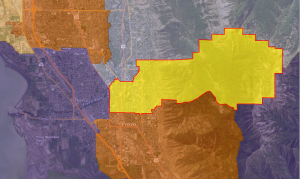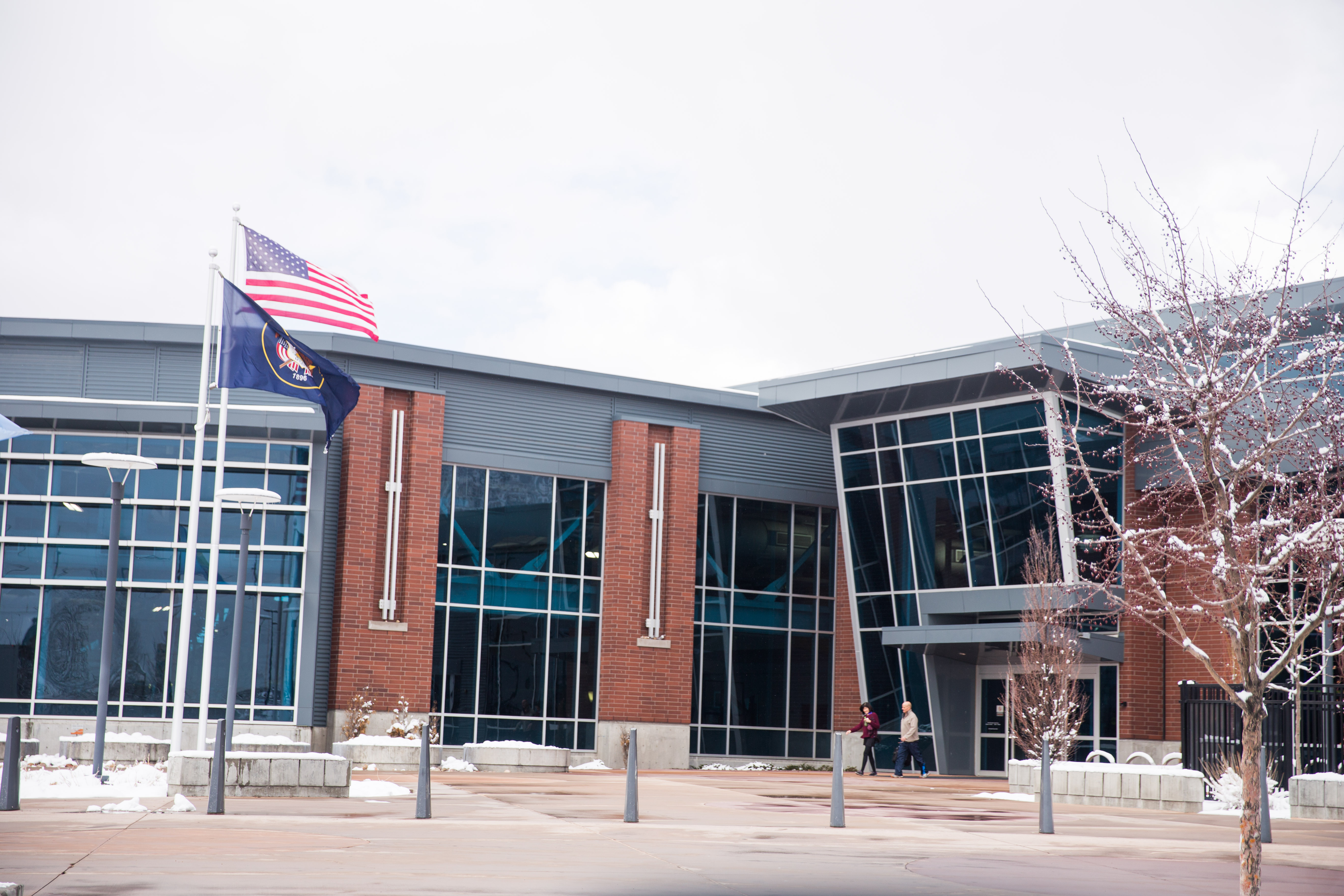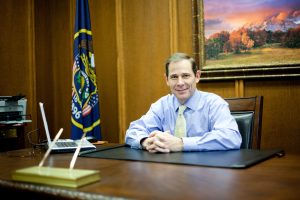BYU students account for 30 percent of Provo’s population. Despite their physical presence in the area, BYU students have had virtually no political presence on local issues.
This may be because some students don’t feel like their vote would make a difference. BYU Spanish translation senior and Utah resident Dale Lundstrom said he doesn’t feel an urgent need to be involved in local politics.
“I don’t feel any of my representatives make much of an impact on my daily life, and I hardly notice the effects of the decisions they make,” Lundstrom said. “Consequently, I think that’s why I’m less politically active locally.”
Representing the area where BYU is located helped Rep. Dean Sanpei, R-Provo, understand why local politics matters, he said in an email to the Daily Universe.
Sanpei said many university students, like Lundstrom, believe their vote doesn’t matter. Sanpei said he recognizes BYU students play a part in improving Provo, even if they never see the results of their efforts. He said BYU students should become active in local politics, even if they may not be in Provo in the long term.

“I try to tell them that although they individually may not be here for more than a few years, there will always be students here,” Sanpei said. “They are now living with the consequences of choices made, or not made, by students who were here before them.”
Sanpei shared an example of how the impact of a specific bond request on the Provo ballot a few years ago increased property taxes to pay for a new recreation center in Provo.
Sanpei said he asked many college voters then if they cared about the bill and if they would vote. Many students told him they weren’t going to vote since they used BYU’s facilities, didn’t own property and would graduate before the recreation center was finished.
“Fast forward a number of years: Property taxes increased to pay for the bond,” Sanpei said. “Apartment and home owners’ payments went up, and those costs have been passed on to renters, who are mostly students.”

Some students do register to vote in Utah.
Political science major Collyn Mosquito is president of the Provo Student Project, a group that helps BYU students get involved in community issues. Mosquito said he registered to vote in Utah because he spends most of his time living in Utah, Utah seemed competitive in the most recent presidential election and registering in Utah was less complicated than applying for an absentee ballot.
BYU political science professor Adam Brown said he thinks it is a mistake for students to wait until they are older to start paying attention to politics.
“BYU students will live in Utah for four years, sometimes more. They should pay attention to Utah politics,” Brown said. “They should pay special attention to Provo City government, since the city makes many decisions that directly affect the quality of life and of student housing for BYU students.”
While following the 2016 presidential election, BYU-Idaho student Sydney Decker said she realized local government officers can have more impact on a person’s daily life than the president.
“I always advocate getting to know the views, voting records and platforms of your state representatives and senators, all the way down to your mayor rather than focusing too heavily on the presidency,” Decker said.
Decker encouraged others to come prepared to vote for local officials at general elections.

“Part of what I think is so dangerous about the general election hype is how much people forget about their local leaders,” Decker said. “When we walk into the ballot box, we see more names than the presidential candidates. If we don’t know who are on the ballots, the people are who are running for our local leadership, then we are voting blind and are doing a disservice to our county.”
BYU elementary education student Clarissa Lemley is registered to vote in Utah because she grew up here. Lemley said she thinks not voting is a disservice.
“People have sacrificed their lives to give me the opportunity to vote, and I feel like it is a disservice to them to not take advantage of it,” Lemley said. “The choices of politicians can affect my life exponentially, and I want a voice in that.”




